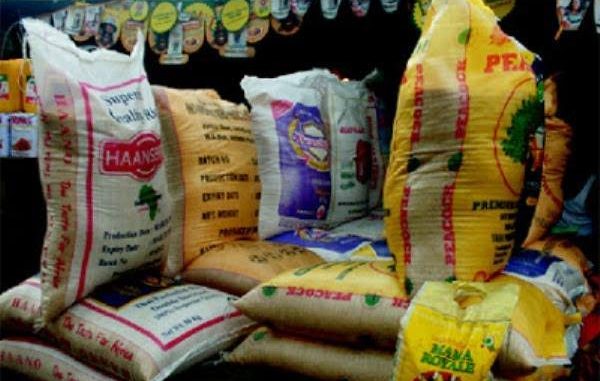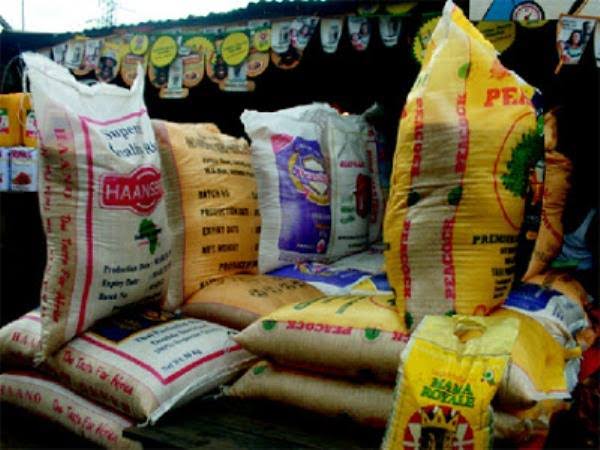

Nigerian farmers say the country should focus on locally made food and livestock as the ones that come from abroad are more expensive.
“It is not competitive for you to use forex to buy anything and bring it to Nigeria. The cheapest rice in the world comes from India; the landing cost of one bag of 50kg of rice is $58 from India. When you calculate that with the current exchange rate, you will see that the landing cost is above N60,000 per bag of rice; that is to Lagos.” President of the All Farmers Association of Nigeria, Kabir Ibrahim told Punch.
According to Ibrahim, local rice Is cheaper because of the high exchange rate.
“So, when you start distributing with the local transport and all that, you cannot compete with what is sold in Nigeria,”
He added that the cost of bringing maize from Brazil into the country is higher than sourcing it locally.
“The cheapest maize you can find is yellow corn from Brazil. I used to be the president of the poultry association. Before now, we used to import maize from Brazil because the voyage time was two weeks. If you buy from the United States of America, it takes six weeks.
“So, you buy from the closest place to you, but today the landing cost is such that you won’t be able to compete with the locally produced one,” he explained.
He also denied reports that 70 per cent of the imported livestock into Nigeria was coming from the Niger Republic.
“I am into livestock. Whoever said that to you is not sure of what he or she was talking about.
“There are some species of cattle that you can get from Niger Republic. They grow very big and they have these big horns.
“But if you come to poultry, I am a poultry farmer and I have a farm at the border in Katsina. I know that people from the Niger Republic come to buy eggs from us,” the AFAN president stated.
He explained that most of the livestock killed in Lagos comes from the northern part of the country and not from the Niger Republic.
CLICK HERE TO COMMENT
